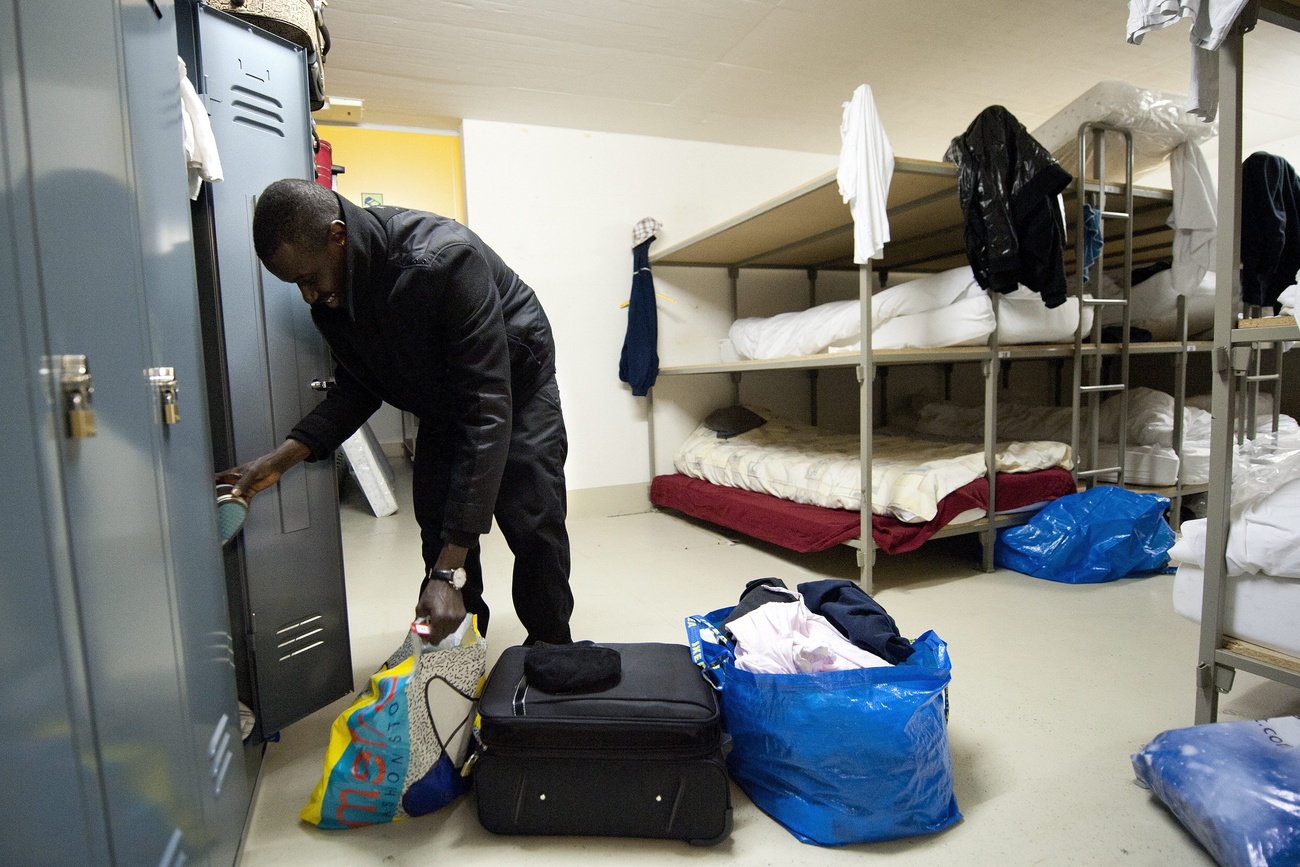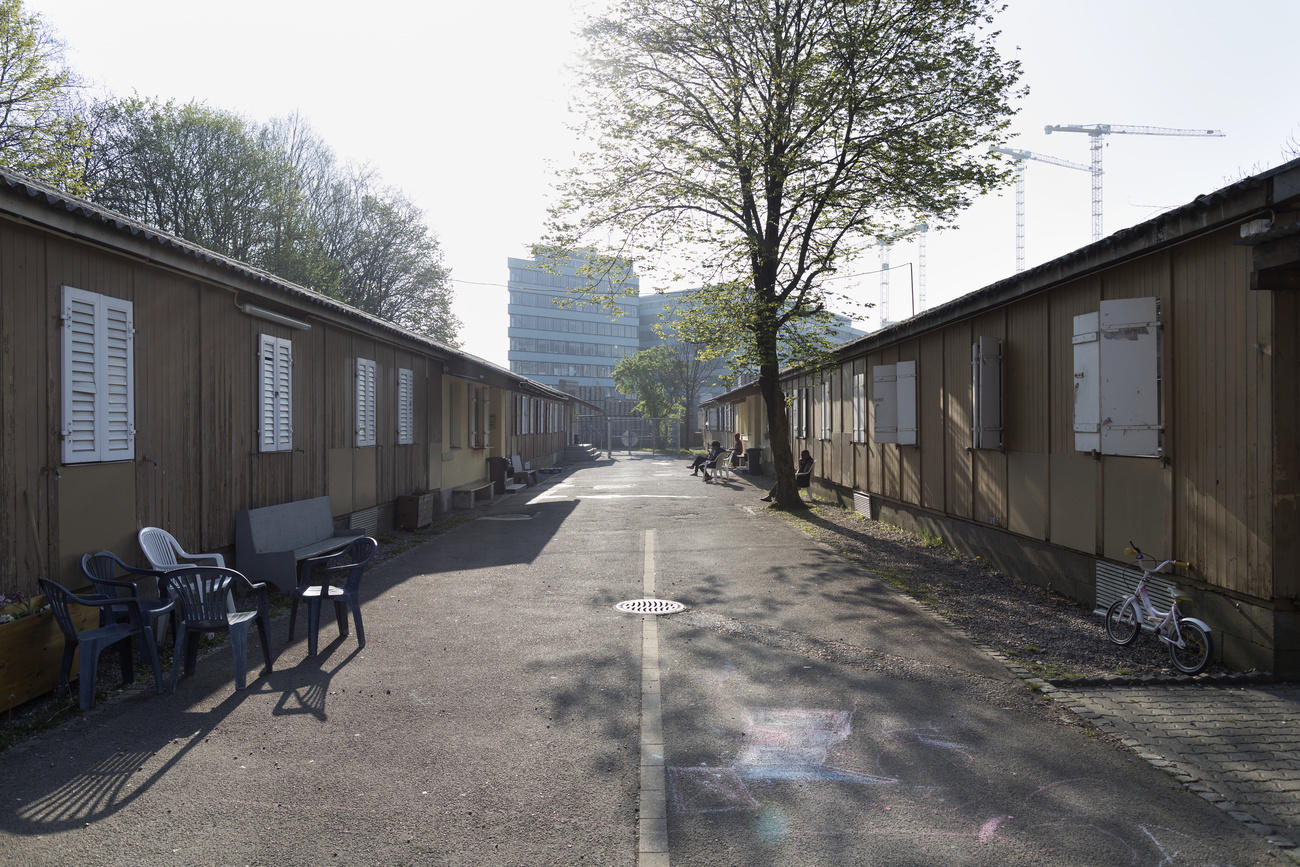Covid results in fewer asylum seekers – for now

The coronavirus pandemic has been identified as the reason for a significant decline in requests for asylum in Switzerland. The number of applications stood at 11,041 at the start of this year, compared to around 16,000 at the same point in 2020.
The head of the State Secretariat for Migration (SEM), Mario Gattiker, told the newspaper BlickExternal link on Monday that the drop in applications had saved his office CHF160 million ($181 million) last year.
Many countries, including Switzerland, shut down or tightened their borders in 2020 to try and contain the spread of the virus. Transport links were also severely disrupted.
But Gattiker believes that Covid-19 will result in an increase in asylum seeker numbers between 2022 and 2025. “There is likely to be increased migration due to coronavirus-related economic downturn in many regions and resulting domestic political tensions. In the medium term, we must therefore assume a significant increase in asylum numbers across Europe,” he told Blick.
“Numerous international organisations in the field of migration also expect such increases when the pandemic comes to an end. It is difficult right now to estimate by how much. But we have to keep an eye on this and prepare well.”
Last autumn, some asylum centres in Switzerland warned that they had nearly reached capacity. This was the result of an uptick in migration numbers between pandemic waves, combined with centres having to operate social distancing rules.
Gattiker said there are currently 2,500 beds free at asylum centres. This is enough to process some 15,000 applicants over the course of the year. There is a contingency plan in place to boost the number of beds to 8,000 to cope with more than 30,000 applicants, Gattiker added

In compliance with the JTI standards
More: SWI swissinfo.ch certified by the Journalism Trust Initiative


You can find an overview of ongoing debates with our journalists here. Please join us!
If you want to start a conversation about a topic raised in this article or want to report factual errors, email us at english@swissinfo.ch.